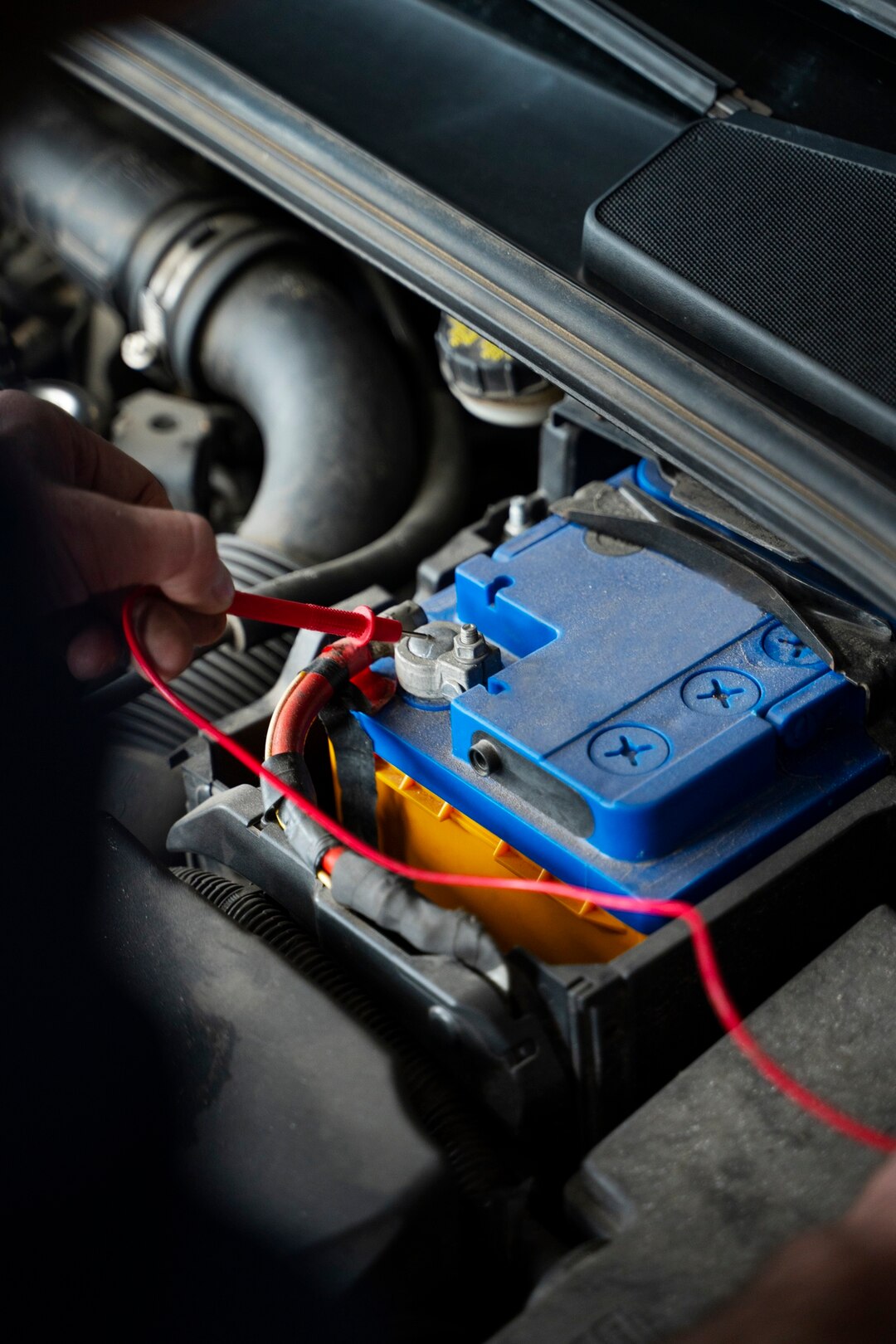Your car’s battery is its lifeline, providing the electrical energy needed to start the engine, power the lights, and operate various electrical components. However, like all components, car batteries have a limited lifespan and eventually require replacement. Recognizing the signs of a failing battery can help you avoid the inconvenience of a dead battery and ensure your vehicle remains reliable on the road. In this article, we’ll explore ten common signs that indicate your car battery may be in need of replacement.
1. Diminished Cranking Power:
If you notice that your engine cranks slowly or struggles to start, it could be a sign that your battery is losing its charge. Difficulty starting the engine, especially in cold weather, is a classic symptom of a weak or failing battery.
2. Frequent Jump-Starting:
If your vehicle requires frequent jump-starts to get going, it’s a clear indication that your battery is struggling to hold a charge. While jump-starting may provide a temporary solution, repeated jump-starts are a telltale sign of battery failure.
3. Dashboard Warning Light:
Many modern vehicles are equipped with a dashboard warning light that indicates problems with the battery or charging system. If the battery warning light illuminates on your dashboard, it’s essential to have your battery and charging system inspected by a qualified mechanic.
4. Corrosion Buildup:
Inspect the terminals and cables of your battery for signs of corrosion buildup. Corrosion can interfere with the flow of electrical current, leading to poor battery performance and unreliable starting.
5. Swollen or Bulging Battery Case:
A swollen or bulging battery case is a clear indication of internal damage or overheating, which can compromise the battery’s performance and safety. If you notice any abnormalities in the shape or size of your battery, it’s best to have it replaced immediately.
6. Strange Odors:
If you detect a sulfur or rotten egg odor coming from your battery or engine compartment, it may indicate a leaking or damaged battery. Sulfuric acid leakage can pose a significant safety hazard and should be addressed promptly by a professional.
7. Age of the Battery:
Car batteries typically last between three to five years, depending on usage and maintenance. If your battery is approaching or exceeding this lifespan, it’s wise to proactively replace it to avoid unexpected failures.
8. Electrical Issues:
A failing battery can cause various electrical issues in your vehicle, such as flickering lights, malfunctioning power windows, or erratic behavior from electronic components. These symptoms may indicate that your battery is unable to provide a stable voltage to the electrical system.
9. Slow or Unresponsive Accessories:
If your car’s accessories, such as the radio, power windows, or interior lights, respond slowly or fail to function altogether, it may be due to a weak or failing battery. These components rely on the battery to provide sufficient power for operation.
10. Visible Damage:
Inspect your battery for any visible signs of damage, such as cracks, leaks, or bulges. Physical damage to the battery casing or terminals can compromise its integrity and performance, necessitating replacement.
A healthy battery is essential for ensuring reliable starting and operation of your vehicle’s electrical system. By paying attention to the signs of a failing battery and addressing them promptly, you can avoid the inconvenience of a dead battery and enjoy peace of mind on the road. If you notice any of the aforementioned symptoms, it’s advisable to have your battery tested by a professional mechanic and replaced if necessary. Investing in a new battery when needed will help keep your vehicle running smoothly and reliably for miles to come.











